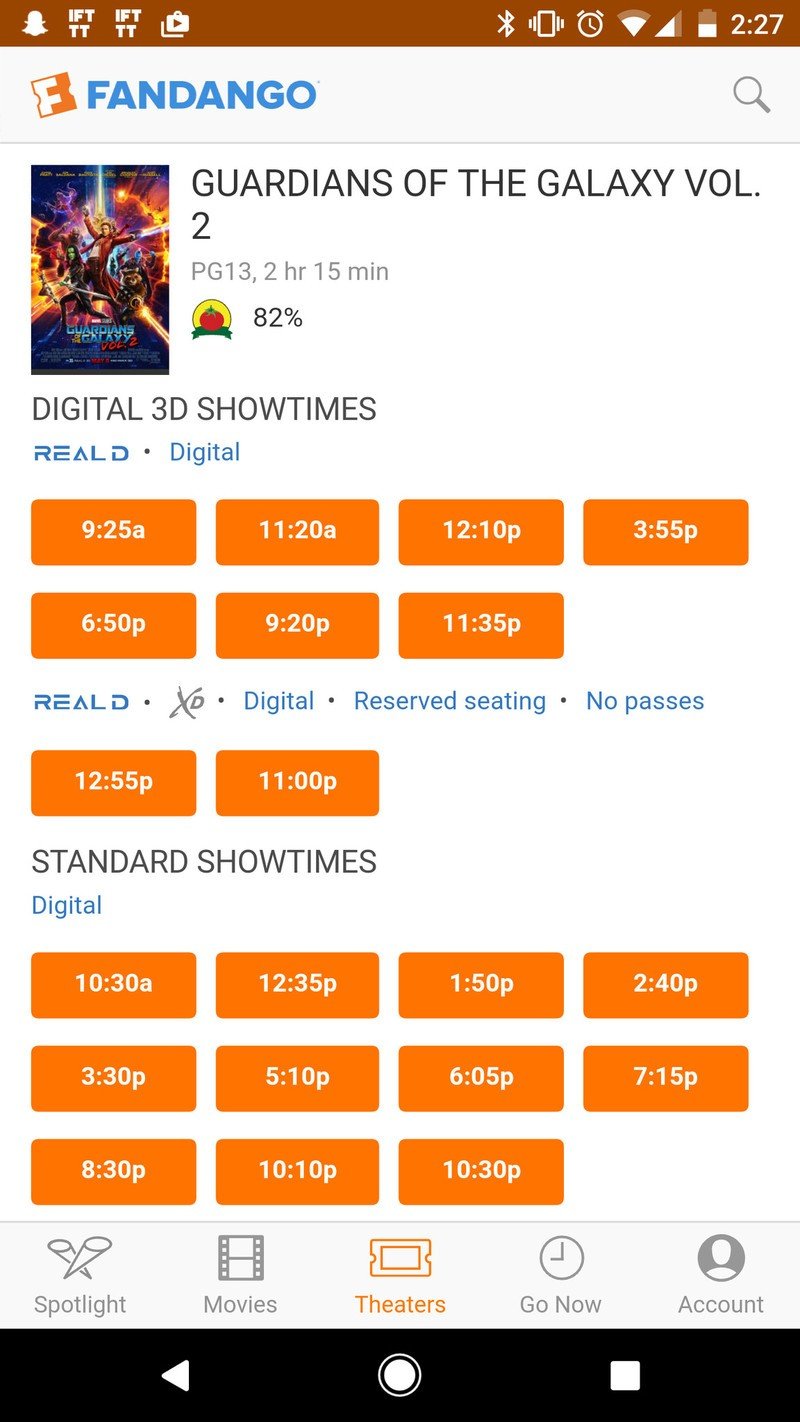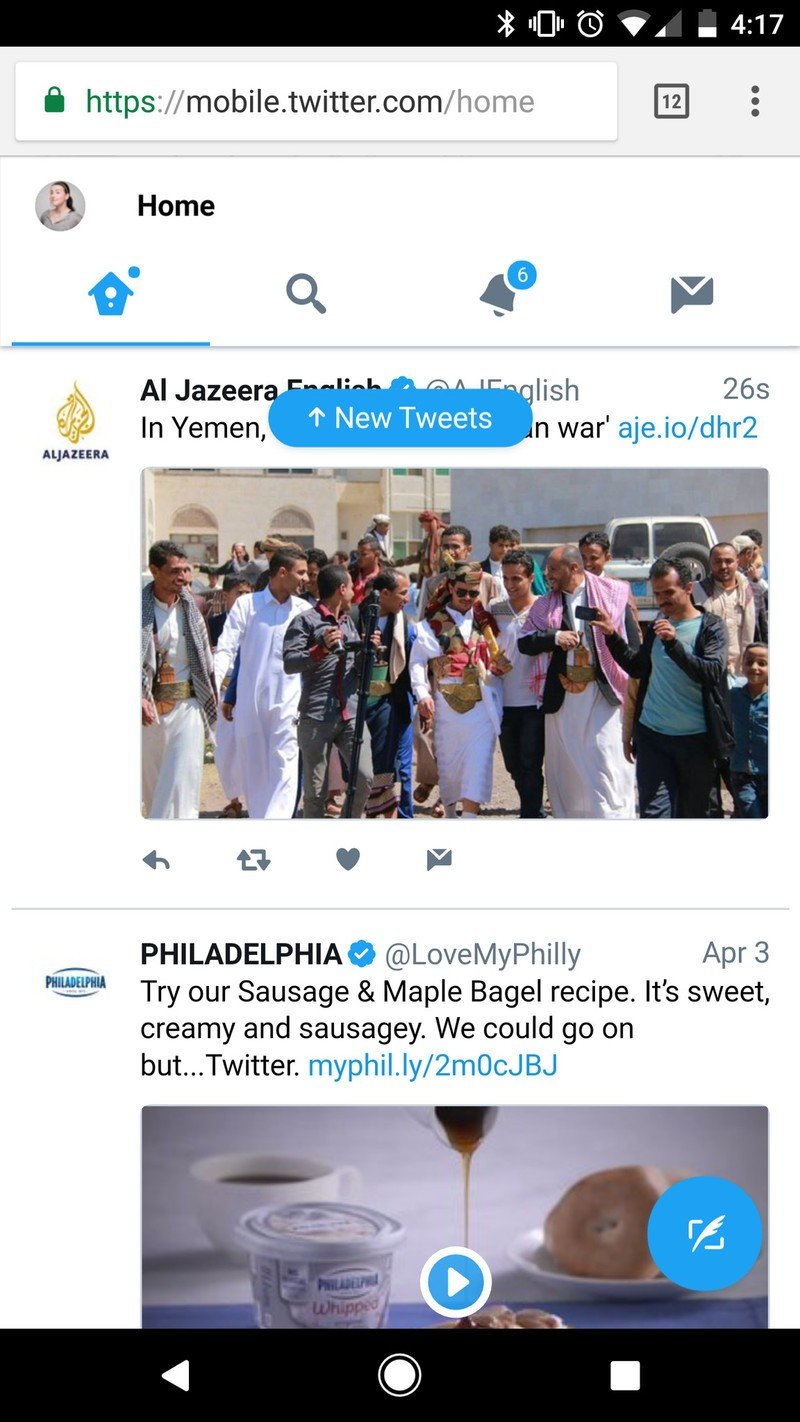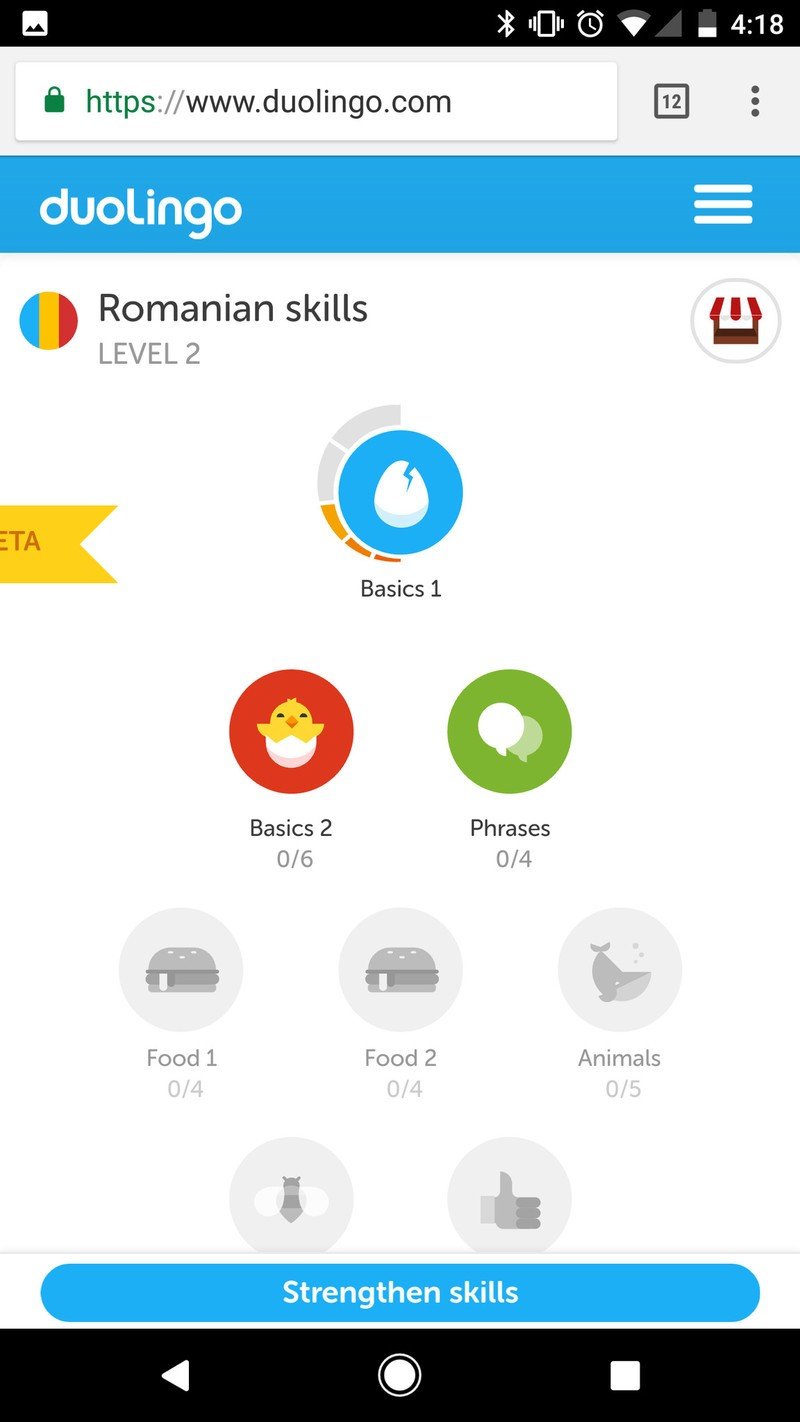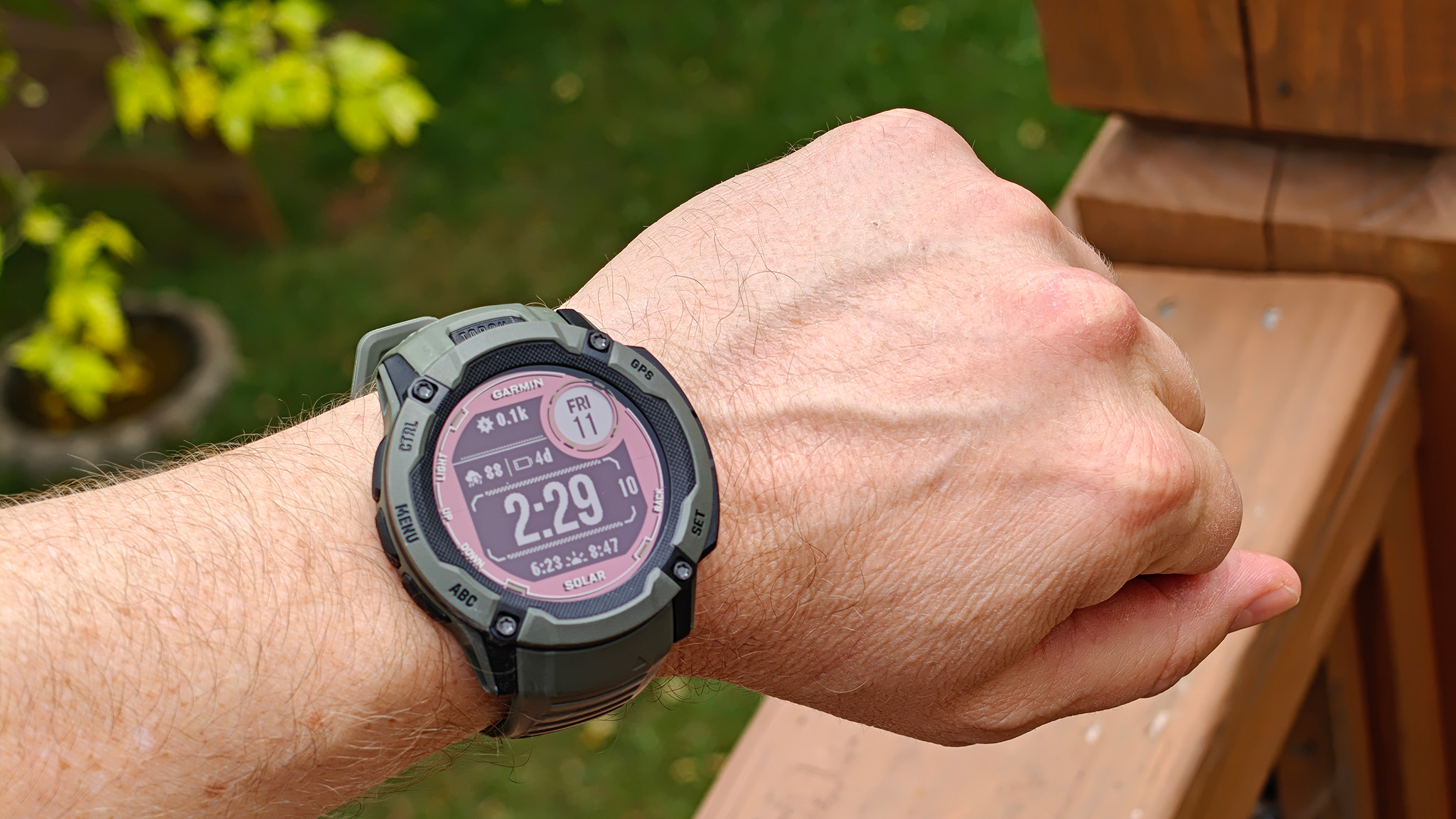What the world needs now are more progressive web apps
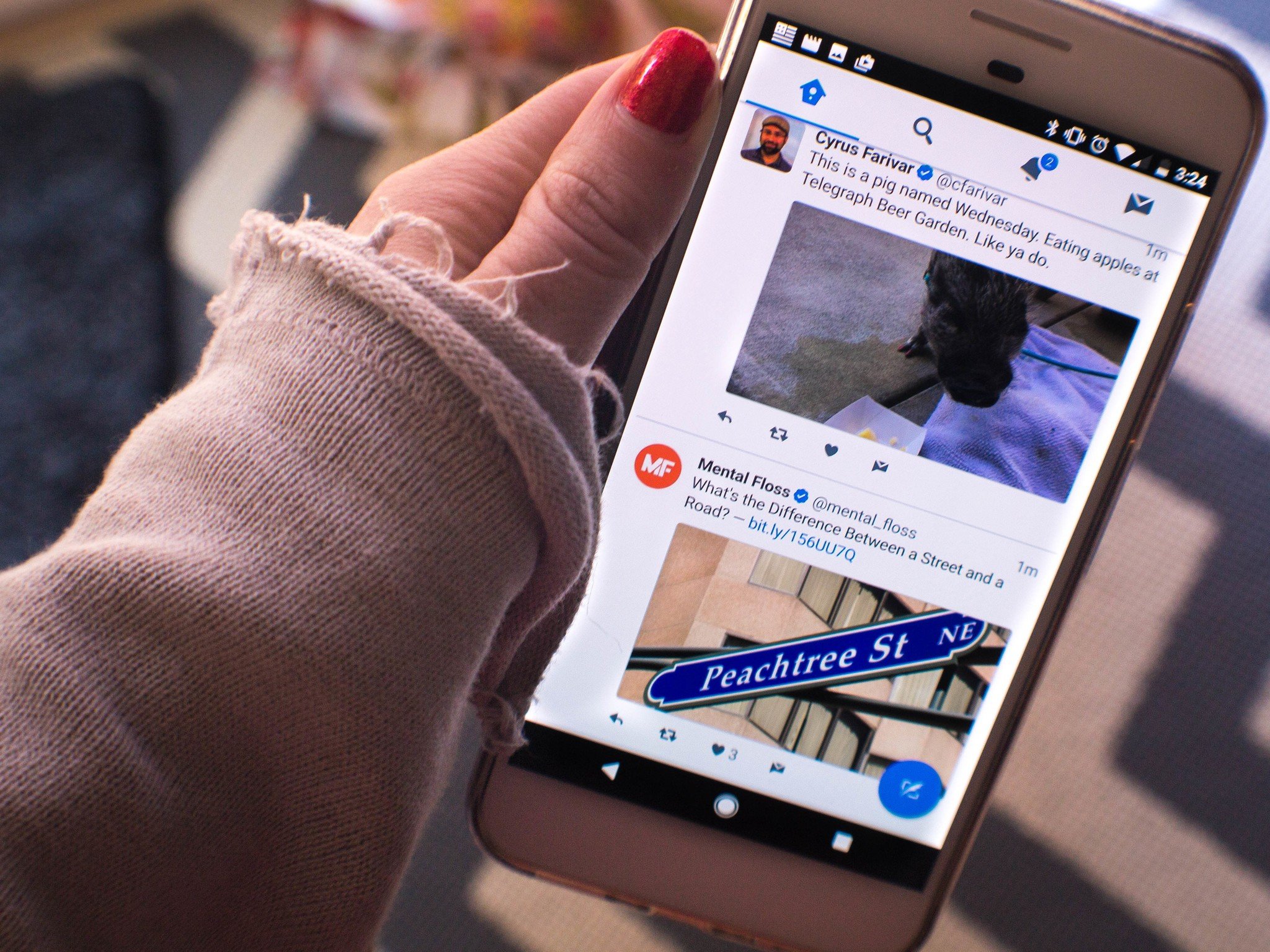
Get the latest news from Android Central, your trusted companion in the world of Android
You are now subscribed
Your newsletter sign-up was successful
Have you had a second to check out the latest Android Central roundtable? A few of us shared how many apps we each have installed on our daily drivers. Frankly, I was embarrassed by my number. I take such pride in the curation of the apps that I have installed. But there are 127 apps installed on my 32GB Pixel XL, and only about 20 of those are apps that I use regularly.
This entire experience has made me yearn for more progressive web apps — not to mention the full launch of Instant Apps, which could negate the need for installing any app at all. I don't like having an app installed for the different airlines, transit systems, and minor little services that I use from time to time. And how wonderful would it be if I could easily log into the Lyft app with my account credentials through the Chrome browser to hail a car? Or for the VSCO app to offer its hipster photo filters online? Progressive web apps are not only (pardon the cliché) the apps of the future, but they're going to make for an interesting app market, where only the worthy will merit an install.
Progressive apps I use now to get through life
Progressive web apps are, essentially, apps that contain all the functionality you need within their base code on the web so that when you visit the website through a mobile browser, everything is there! Probably one of the most popular progressive web apps is Facebook, which you can access through m.facbook.com to log in. There's even a trick if you need Facebook Messenger: tap on the option while the link is open in Chrome, and then ask the browser to request the desktop mode.
Here's another "hack": If you'd rather not have Twitter installed — a great idea for those of you constantly distracted by its content — you can simply head to mobile.twitter.com and log in through Twitter Lite. You'll have access to all the same abilities as the full-sized mobile application, and you'll save roughly 141 MB on storage space versus the 1MB used to pump the web stuff.
A few shining examples of progressive web apps.
I also appreciate the fact that Duolingo works fully through Chrome. I've been freshening up on the Romanian language myself and not only can I quickly access my lesson with just a bookmark, but Duolingo also notifies me through Chrome if I miss a day. It's wild to think that you can now learn an entirely new language with just the browser on your phone — what a boon for those looking to learn another language in countries where low-end, low-capacity phones rule the market.
There are still plenty of outdated web apps out there that aren't actually friendly to use and thus require that you have an app to do a simple little thing. For instance, I don't ride the San Francisco Bay Area's BART transit system as often as I used to, but I'm still required to have the BART Runner app installed for when I'm rushing over to the nearest station. It would also be nice to have some heavy duty photo apps run solely off the web, like Snapseed, since I only ever really use something like that for editing and filtering when I'm on a trip.
Get the latest news from Android Central, your trusted companion in the world of Android
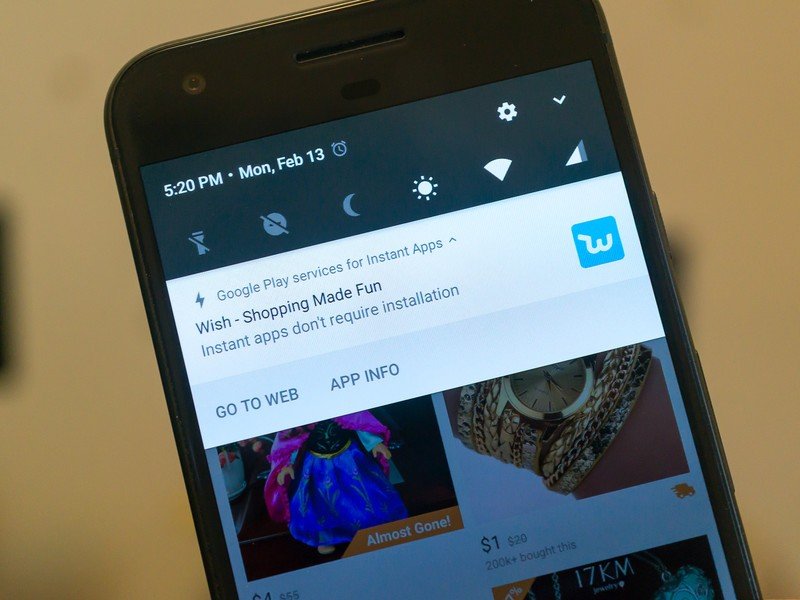
Instant Apps, which are currently undergoing a limited testing phase, will also play a major role in negating the need for full apps. You'll be able to find them through Google search results. They don't rely on web optimization or HTML5, like web apps do. Instead, instant apps install a tiny bit of data locally, and it's only the most necessary functionality. We're hoping to hear about more compatibility at Google I/O 2017.
Save the best stuff for the install
I simply appreciate PWAs as a way to cut down on all the bloat.
I think I seriously need to take a step back from my phone and reassess what it is that I have installed. I prefer to save what little storage space I have (I'm not the only one who skimps out this way!) for photos, videos, and Allo sticker packs. I need to take some time to look at which apps have similar progressive web app counterparts and whether or not there are any other tricks I can utilize to become less dependent on the full-size version of other apps like Facebook.
One thing's for certain: the world of apps is going to change the more that people catch on to PWAs. The original idea for progressive web apps was for Google to help establish its unified vision for apps and services. But I simply appreciate them as a way to cut down on all the bloat.
Do you use progressive web apps?
Do you save storage space on your phone by using progressive web apps? Which are your favorites? Would you like to see more of them? Let us know in the comments below!

Florence Ion was formerly an editor and columnist at Android Central. She writes about Android-powered devices of all types and explores their usefulness in her everyday life. You can follow her on Twitter or watch her Tuesday nights on All About Android.
